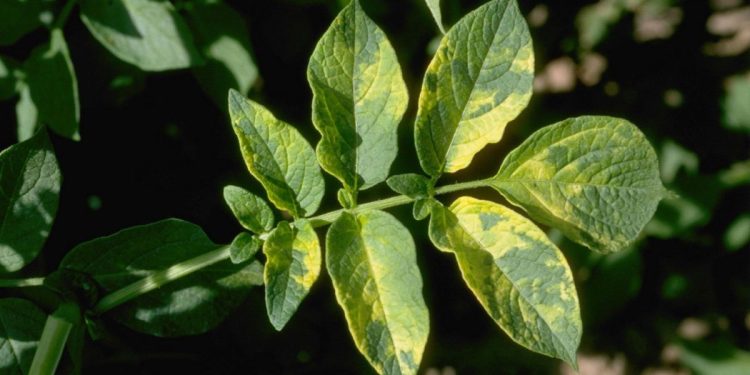Alfalfa Mosaic Virus (AMV) is a plant virus that affects alfalfa crops worldwide. Its impact on crop health can be severe, leading to significant economic losses for farmers and farm owners. This article provides the latest data on AMV, its development, and consequences on alfalfa production.
Alfalfa Mosaic Virus (AMV) is a plant virus that infects various crops, including alfalfa. According to the latest data from the United States Department of Agriculture (USDA), AMV has been reported in several countries worldwide, including the United States, Canada, and Europe.
The development of AMV is mainly through the transmission of the virus by aphids, contaminated plant material, and farming equipment. Once infected, the virus can cause a range of symptoms, including stunted growth, mosaic patterns on leaves, and reduced yields.
The consequences of AMV on alfalfa production can be significant, causing economic losses to farmers and farm owners. A study by the USDA estimated that AMV can cause yield losses of up to 50% in alfalfa crops, leading to a loss of revenue of up to $200 per acre.
To mitigate the impact of AMV on alfalfa production, farmers and agronomists need to implement preventive measures such as the use of certified disease-free planting materials, the implementation of aphid control strategies, and the removal of infected plants. Additionally, the use of resistant cultivars and the proper sanitation of equipment can help reduce the incidence of AMV infection.
In conclusion, AMV is a significant threat to alfalfa production and can cause severe economic losses to farmers and farm owners. Implementing preventive measures such as the use of certified disease-free planting materials, aphid control strategies, and the removal of infected plants can help mitigate the impact of AMV on alfalfa production.
#AlfalfaMosaicVirus #AMV #PlantVirus #CropHealth #Agriculture #Farming #Aphids #PreventiveMeasures #Cultivars #USDA #EconomicLosses #FarmOwners #Agronomists #Farmers #PlantPathology #PlantDiseases





